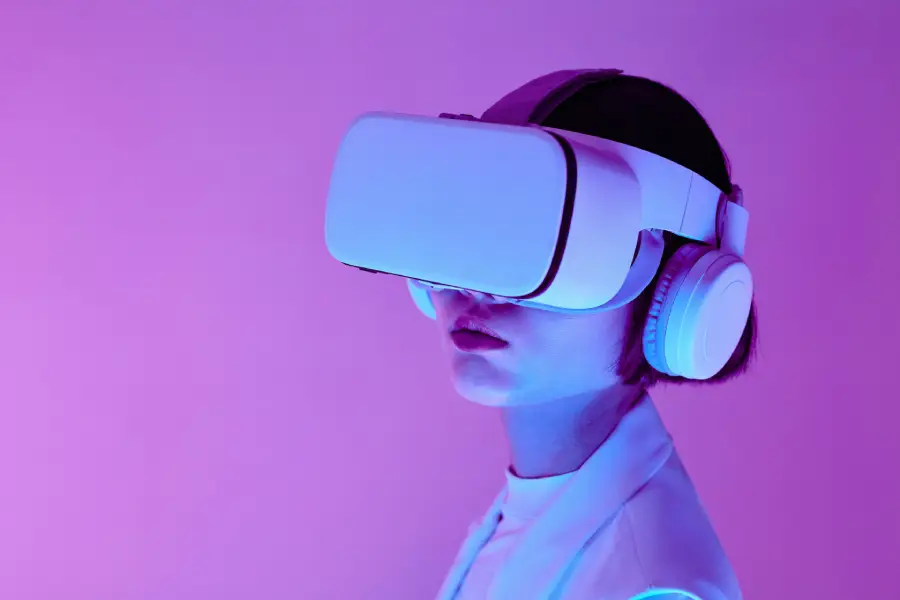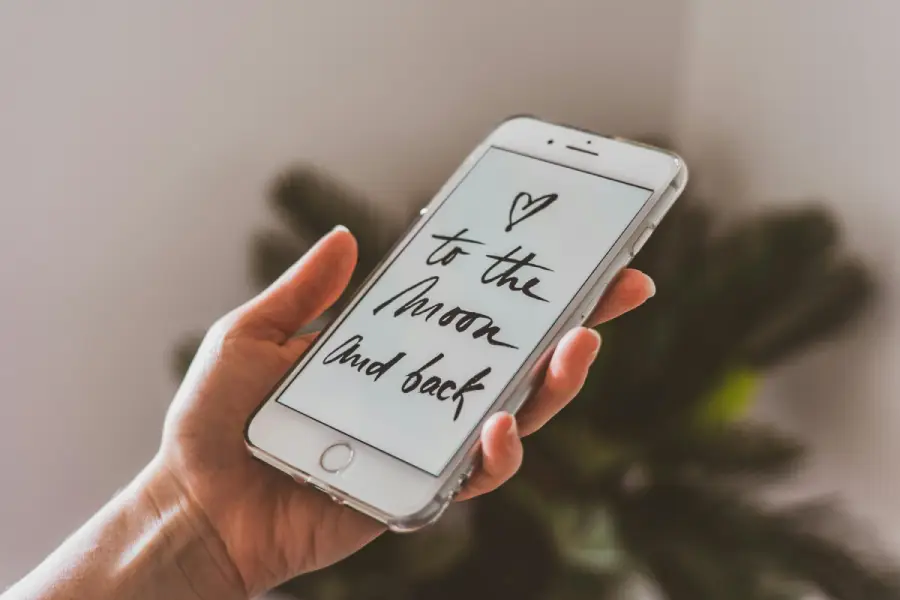Is Love at First Sight Real: Myths and Truths

Have you ever locked eyes with someone and felt an instant, unexplainable connection? That rush of emotions, the heartbeat that skips a beat, and the overwhelming sense that you’ve just met someone extraordinary: could it be love at first sight? Is love at first sight real, or is it just a romanticized idea we’ve seen in movies and read about in novels?
The concept of love at first sight has fascinated humanity for centuries. From “Shakespeare’s Romeo and Juliet” to “modern-day rom-coms”, it’s a theme that never loses its charm. But is it a genuine phenomenon, or is it merely a myth fueled by our desire for instant, magical connections?
In this article, we’ll dive deep into the science, psychology, and real-life stories behind love at first sight. We’ll explore whether it’s real or just a fleeting moment of attraction. By the end, you’ll have a clearer understanding of what love at first sight truly means—and whether it’s something you should believe in.
What Is Love at First Sight?
“Love at first sight” is often described as an intense, immediate emotional connection with someone upon first meeting them. It’s that moment when you feel like you’ve known someone forever, even though you’ve just met. But, is love at first sight real, or is it something else?
1- The Science Behind Instant Attraction
Psychologists suggest that what we call “love at first sight” might actually be a combination of physical attraction, chemistry, and our brain’s tendency to create narratives. When we feel an instant connection, our brain releases dopamine and oxytocin—chemicals associated with pleasure and bonding. This can create the illusion of love, even if it’s just a strong initial attraction.
2- The Role of Physical Appearance
Studies show that physical appearance plays a significant role in instant connections. Our brains are wired to respond to symmetry, facial features, and body language within seconds of meeting someone. This doesn’t necessarily mean it’s love, but it can certainly feel like it.
Myths About Love at First Sight
Let’s debunk some common myths surrounding this phenomenon:
1- Myth: Love at First Sight Is Always Mutual
Reality: Just because you feel an instant connection doesn’t mean the other person does too. Is love at first sight real if it’s one-sided? Often, it’s more about personal perception than mutual feelings.
2- Myth: It Guarantees a Lasting Relationship
Reality: While some couples who experience “love at first sight” go on to have long-term relationships, many others find that the initial spark fades over time. True love requires more than just a moment of connection—it takes effort, communication, and compatibility.
3- Myth: It’s Always Romantic
Reality: “Love at first sight” doesn’t have to be romantic. Some people experience it as a deep, platonic connection or even a sense of familiarity with someone they’ve just met.
The Truth About Love at First Sight
So, is love at first sight real? The answer isn’t black and white. Here’s what experts and real-life experiences tell us:
1- It’s More About Chemistry Than Love
What we often interpret as “love at first sight” is actually a strong chemical reaction. Our brains are wired to seek out potential partners, and when we find someone who fits our subconscious criteria, it can feel like love.
2- It Can Be a Starting Point
For some couples, “love at first sight” is the beginning of a beautiful relationship. However, sustaining that relationship requires more than just an initial spark. It takes time, effort, and a deeper understanding of each other.
3- It’s Subjective
Is love at first sight real for everyone? Not necessarily. It means different things to different people. For some, it’s a life-changing moment. For others, it’s just a fleeting feeling that fades as quickly as it appears.
Real-Life Stories: Love at First Sight or Just Attraction?
To better understand this phenomenon, let’s look at some real-life examples:
– Sarah and John’s Story
Sarah swears she fell in love with John the moment she saw him across a crowded room. They’ve been married for 10 years now, and she still believes it was “love at first sight”. But John admits that while he was attracted to her, it took him a few dates to develop deeper feelings.
– Emma’s Experience
Emma thought she had found “the one” when she met Alex at a coffee shop. They dated for a few months, but the relationship didn’t last. Looking back, Emma realizes it was more about infatuation than love.
These stories show that “love at first sight” can be a beautiful experience, but it’s not always a guarantee of lasting love.
How to Know If It’s Love at First Sight
If you’ve ever wondered whether what you’re feeling is “love at first sight”, here are some signs to look for:
- You Feel an Instant Connection
It’s more than just physical attraction—you feel like you’ve known this person forever.
- You Can’t Stop Thinking About Them
They occupy your thoughts long after you’ve met them.
- You Feel a Sense of Comfort and Safety
Being around them feels natural and effortless.
However, it’s important to take a step back and evaluate your feelings. “Is love at first sight real”, or is it just infatuation?
The Psychology Behind Love at First Sight
To truly understand “love at first sight”, we need to explore the psychological factors at play:
– The Role of Attachment Styles
Our attachment styles, formed in early childhood, can influence how we experience “love at first sight”. People with secure attachment styles may be more open to instant connections, while those with anxious or avoidant styles might be more skeptical.
– The Power of First Impressions
First impressions are powerful, and they can shape how we perceive someone. If that first impression is overwhelmingly positive, it can feel like “love at first sight”.
– The Influence of Cultural Beliefs
Cultural beliefs and societal norms can also play a role. In cultures that romanticize instant connections, “love at first sight” is more likely to be celebrated and believed in.
Can Love at First Sight Last?
One of the most common questions about “love at first sight” is whether it can lead to a lasting relationship. The answer depends on several factors:
– Shared Values and Goals
For a relationship to last, both partners need to share similar values, goals, and visions for the future. Is love at first sight real enough to sustain a long-term relationship? Only if both partners are willing to put in the work.
– Communication and Effort
Like any relationship, one that starts with “love at first sight” requires open communication, mutual respect, and effort from both partners.
– Realistic Expectations
It’s important to have realistic expectations. While “love at first sight” can be magical, it’s not a guarantee of a perfect relationship.
Conclusion: Is Love at First Sight Real?
Is love at first sight real? This fascinating concept blurs the line between reality and fantasy. While it’s not always the magical, life-changing experience we see in movies, it can be a powerful moment of connection. Whether it’s real or not depends on how you define love and what you’re looking for in a relationship.
At the end of the day, love is about more than just a moment—it’s about building a meaningful connection over time. So, the next time you feel that instant spark, take a moment to reflect. Is love at first sight real, or is it just the beginning of a beautiful journey?
If you’ve enjoyed diving into the mysteries of “love at first sight”, you’ll love exploring other aspects of relationships and personal growth. Here are some articles that complement what you’ve just read:
– How to Find Love: Proven Tips and Best Ways
Discover practical strategies to find meaningful connections and build lasting relationships.
– How to Be More Attractive: 10 Proven Tips
Learn how to enhance your confidence and charisma to attract the right kind of love into your life.
– Why Can’t I Find Love? 7 Surprising Reasons You’re Still Single
Uncover the hidden factors that might be holding you back from finding the love you deserve.
Each of these articles offers valuable insights and actionable advice to help you navigate the complexities of love and relationships. Whether you’re single, in a relationship, or simply curious about human connections, these resources are here to guide you.





